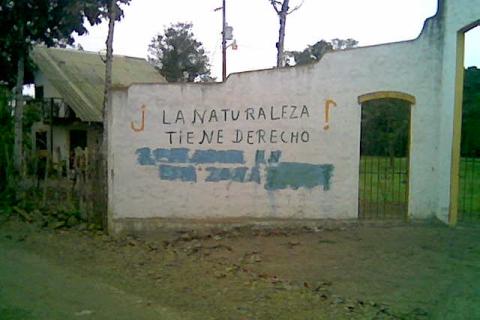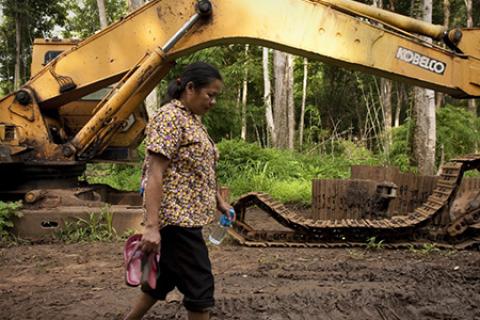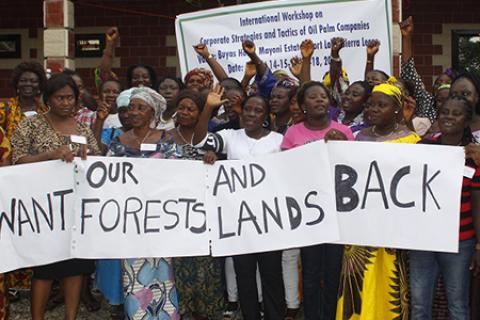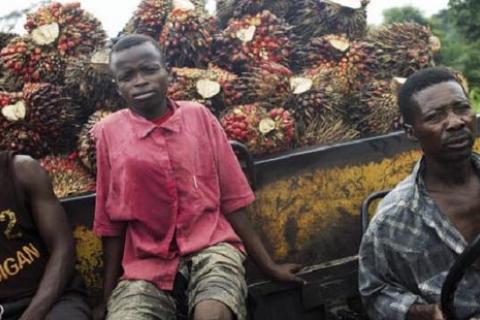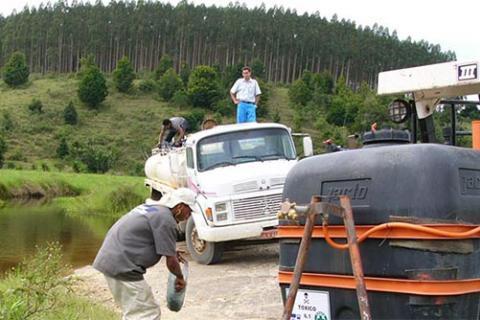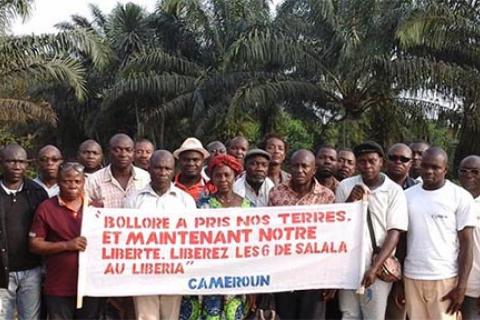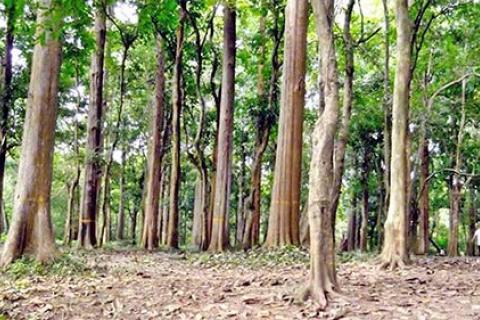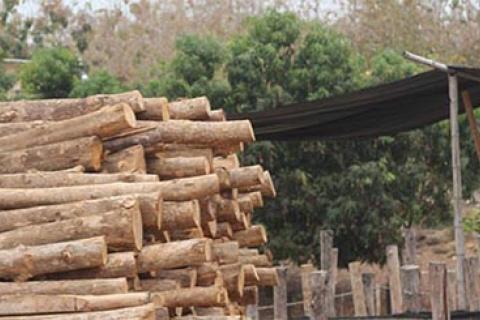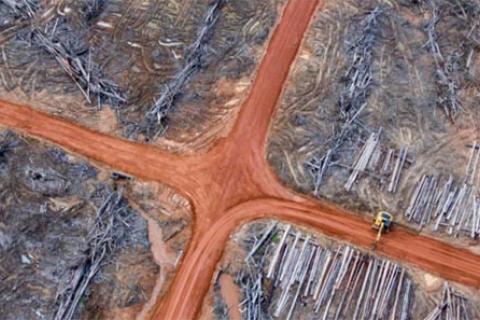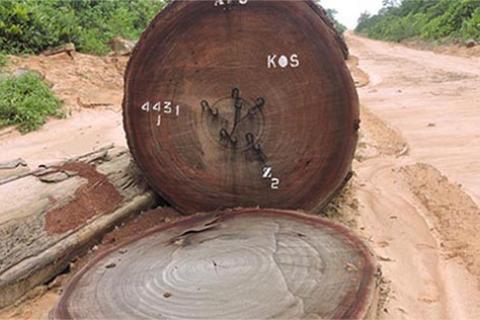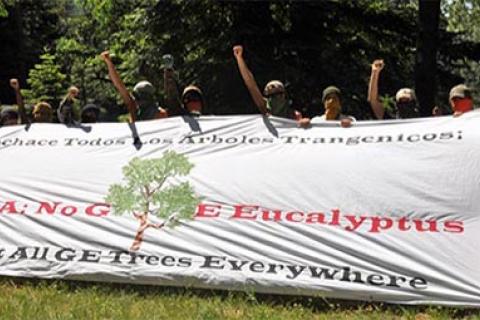Bulletin articles
Is it really possible to shift the dominant, colonial, Western paradigm—which sees nature and spaces as resources to be exploited, dominated and controlled—using a tool from a legal or judicial system that is intrinsically linked to thinking from the same paradigm?
Large-scale monoculture plantations “rob women of everything they have as they take the agricultural lands and forests that women depend upon for their livelihoods and for feeding their families”. This is part of the final declaration of a workshop organized in Port Loko, Sierra Leona, in August 2017, which brought together women from Sierra Leona’s Northern, Southern and Eastern regions, together with representatives from Cameroon, Liberia and Guinee. (1)
Oil palm plantations managed by the Canadian-based agribusiness company FERONIA Inc have been opposed by local residents ever since they were established by the previous owner of the plantations, multinational food company Unilever. Incidents of violent abuse and conflict arising from the company’s oil palm plantations in the Democratic Republic of the Congo (DRC) have been a regular occurrence. In 2015, seven children were left orphaned after police killed both indigenous pygmy parents for taking some oil palm fruits from the plantations to feed their children.
The process of territorial transformation in the southernmost part of Bahia is closely intertwined with agriculture in Brazil, and is based on an extremely unequal territorial structure that has been in place since colonial times. But this has recently been exacerbated by the imposition of a single model of extensive and intensive production, using land, water, agrochemicals, chemical inputs, large machinery and biotechnology. This is agribusiness in general, and in particular, the eucalyptus plantations that supply huge pulp mills.
Teak plantations in Ecuador are not intended for domestic consumption. All of the teak is exported. There are very few economic benefits for the areas where teak is produced, due to the small amount of labour it requires, producers' non-existent social investment, and the loss of food sovereignty and water scarcity that this industry causes.
For over 20 year now, certification schemes such as the Forest Stewardship Council (FSC) and the Roundtable on Sustainable Palm Oil (RSPO) (1) have helped plantation companies secure their profits and protect their reputation. How do they do that, when the impacts of large-scale industrial eucalyptus, pine, acacia and oil palm plantations are so obvious for all to see?
Photo: STOP GE Trees Campaign

